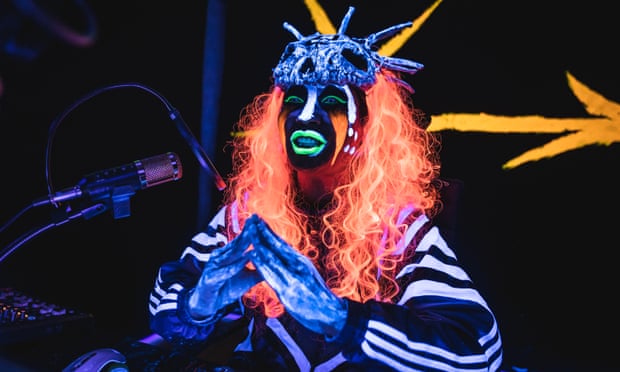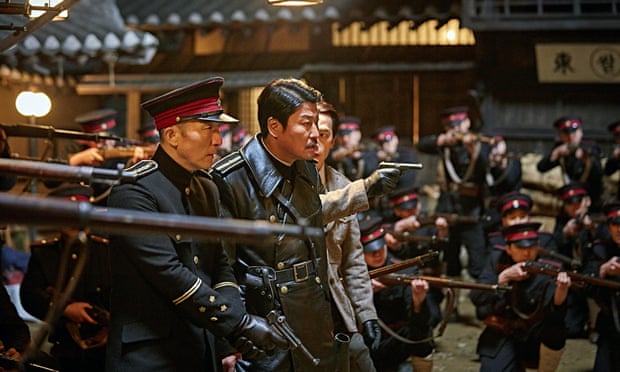Kitty Empire on music
You might have mimed riding a pony, Gangnam Style, in 2012. But some argue that Psy’s K-pop gateway drug was a novelty record and not a true expression of the precision-tooled, gendered group phenomenon that is K-Pop. Sonically, K-pop beats western pop at its own game, taking the busier, upbeat end of US R&B and supercharging it, stuffing each track with multiple melodies, umpteen pre-choruses and, sometimes, a sprinkling of Korean tradition: TikTok was made for K-Pop, and it turns out Korean is a terrific language to rap in.
Beyond established stars like BTS, BlackPink and upstarts Monsta X, the K-Pop universe is vast and deep. New-ish girl group Loona ram dozens of meme-worthy snippets together while Aespa’s 2020 hit Black Mamba introduced a band with parallel universe alter egos. The boys favour all-caps names like EXO and, perhaps frustratingly for the UK’s National Childbirth Trust, NCT; TXT have taken the genre more pop-punk and emo of late.
But there’s much more to Korean music than pop on steroids. The superlative Park Jiha is an ambient producer who combines western minimalism with traditional Korean instruments. The duo Dal:um are even more minimal, trading lines on the gayageum and the geomungo, the spaces as important as the notes.
Park Jiha and Dal:um play London’s K-Music 2022 festival, 24 November and 5 October
Guy Lodge on film
Parasite’s historic best picture Oscar win brought modern Korean cinema into the mainstream, but Bong Joon-ho’s wily class-war thriller is no isolated highlight. New converts should also seek out the richly philosophical work of Lee Chang-dong (peaking with the masterful Murakami adaptation Burning), the playful, time-collapsing comedies of Hong Sang-soo (Right Now, Wrong Then), the wild genre stylings of Kim Jee-woon (never more accessible than in his lush espionage saga The Age of Shadows) and, of course, the diverse oeuvre of Park Chan-wook, from brutal manga-inspired actioner Oldboy to his coolly erotic Sarah Waters remix The Handmaiden.
Michael Hogan on TV

Korean drama went stratospheric during lockdown, thanks to viral hit Squid Game, but the nation’s TV industry has long been on an inexorable rise. Melodrama Winter Sonata and period epic Jewel in the Palace kickstarted the K-wave in the 00s. Streaming service Rakuten Viki is now home to later gems like romance Guardian: The Lonely and Great God and retro romp Reply 1988.
Netflix launched in Korea in 2016 and has ploughed millions into local production. Ye olde zombie thriller Kingdom was its first Korean original, before horror chiller Sweet Home became the first K-drama to break into the US top 10. Last autumn, apocalyptic fantasy Hellbound overtook Squid Game in the Netflix most-watched charts, while Apple TV+ launched its first Korean show, sci-fi mystery Dr Brain.
The K-drama deluge shows no sign of slowing down. Gangster saga Narco-Saints drops on Netflix next Friday. Think Breaking Bad with added bibimbap…

